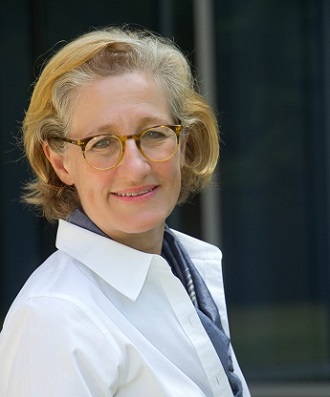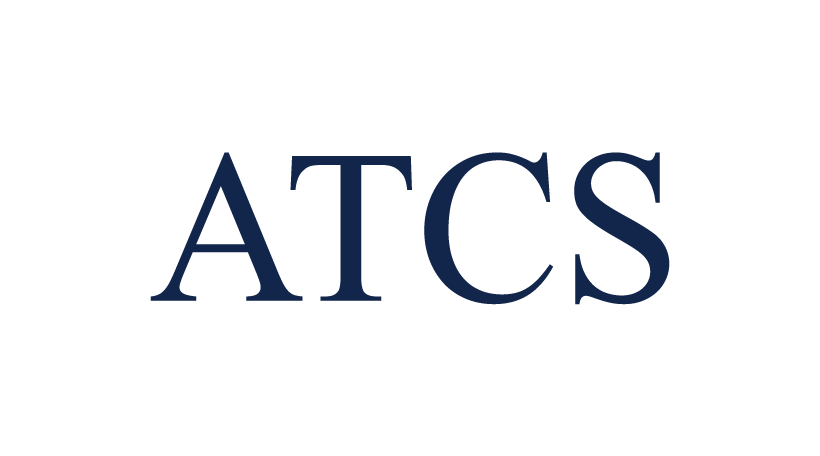Deborah J. Goodings, PhD, P.Eng.,F.ASCE, Diplomate Geotechnical

Dr. Goodings earned her Bachelor’s degree in Civil Engineering at the University of Toronto and her Ph.D. in Geotechnical Engineering at Cambridge University. She is a Professional Engineer (P.Eng.) licenses in the Province of Ontario. She has published more than 60 technical papers. She is a Fellow of the American Society of Civil Engineers; a Diplomate, Geotechnical Engineering; a registered professional engineer in Ontario; and a By-Fellow of Churchill College, Cambridge University. Awards include the Transportation Research Board’s Fred Burggraf Award; the Outstanding Civilian Service Medal from the Department of the Army; and the Distinguished Service Award from the U.S. Universities Council on Geotechnical Engineering Research, following her service as its President. The ASCE-NCS is proud to present such a distinguished member of our engineering community and NCS member designated as our Centennial Engineer of the Month.
What experience(s) have you found most memorable and/or rewarding in your career?
I have invested in the development of the civil engineering profession by teaching over 2,000 engineering students studying for their BS, their MS, their PhD at the University of Maryland (UMD) and later at George Mason University, in addition to students studying for their Master of Engineering and Public Policy at UMD. I was also the founding faculty advisor for Engineers Without Borders at UMD, creating an unparalleled opportunity for approximately 200 students and over a dozen local, practicing engineers to become involved firsthand with simple infrastructure engineering projects in Asia, Africa, and South America from 2004 to 2009.
How did you come to decide on studying civil engineering?
My father is a civil (environmental) engineer and I was deeply impressed as a girl by an engineer’s critical leadership role in designing water treatment systems and bringing them to reality. I wanted to contribute in the same way.
What guidance or recommendations do you have for younger civil engineers or those considering entering the profession?
Do not embrace the expectation that you will work your entire career with one company. Build your experience and your CV with different positions, especially in your first ten years. Network and be ready for change, which is sometimes not of your own making. Learn about and be inspired by the career paths of people you admire who may or may not have started as engineers. Consider taking career directions outside of engineering that may or may not lead you back to engineering. Be global in your outlook in the largest sense: engineering is an amazing profession, and engineering education an excellent and highly respected beginning for many non-engineering careers, too.
What challenge(s) do you feel are most pressing for civil engineers to address in the future?
Engineering today is not the same as it was 40 years ago, and it will not be the same 40 years from now. Global forces, technology, and IT are reshaping our world and civil engineering practice. If civil engineers at all stages of their careers fail to stay abreast of these changes and incorporate them into engineering practice, we will cede leadership to others: to computer scientists, to mechanical and chemical engineers, to data scientists, to politicians. The result can be a degraded and reduced role for civil engineering practice, and with that, a failure to attract to, and retain in, our profession the most innovative, forward-looking people. A workforce with breadth of experience and interests outside of engineering is more likely to lead to imaginative approaches to, and opportunities for, civil engineering practice. Recruitment, retention, and advancement of a diverse workforce are key, and we are not accomplishing that. Look around us: it is no coincidence that America’s economic leadership in the world is positively affected by our diverse population; see, for example, https://hbr.org/2004/09/diversity-as-strategy.







